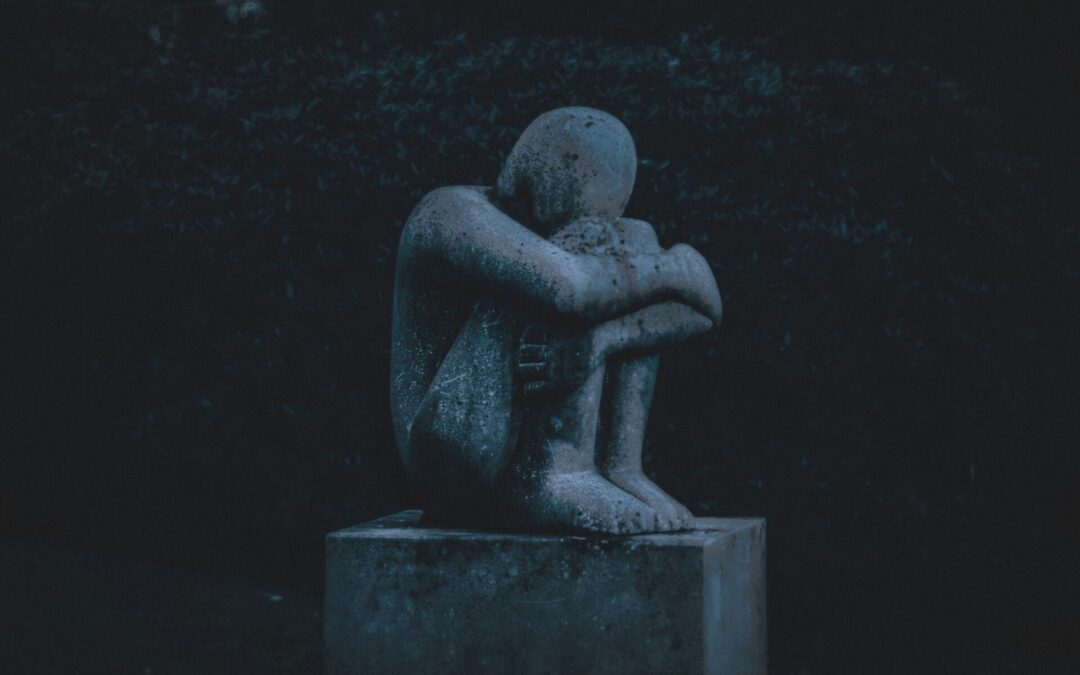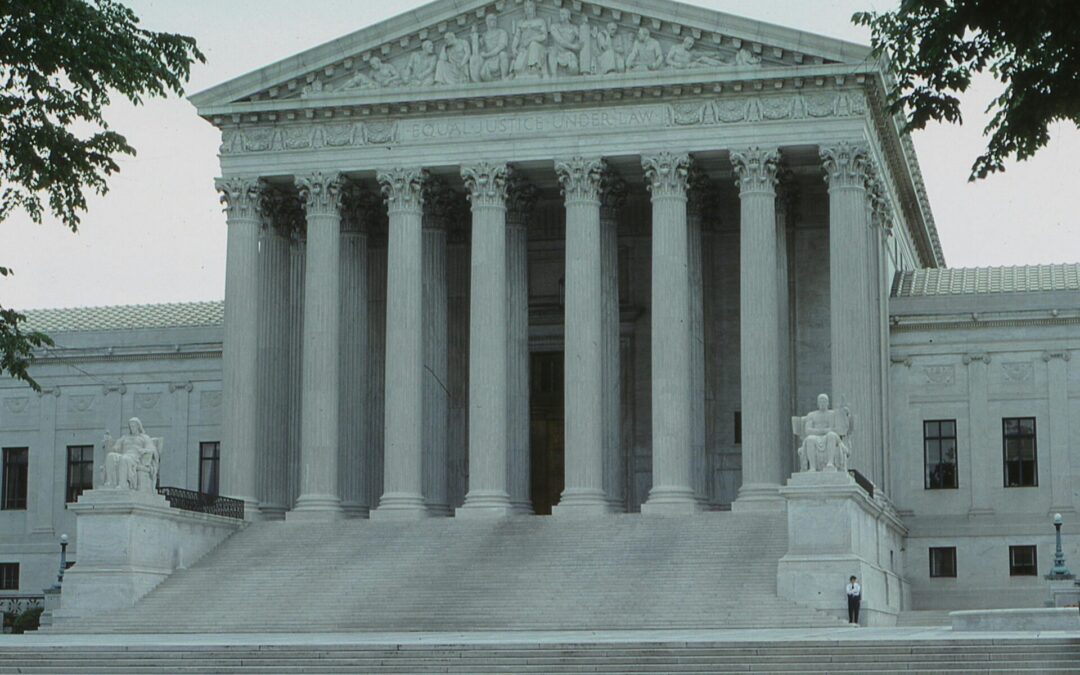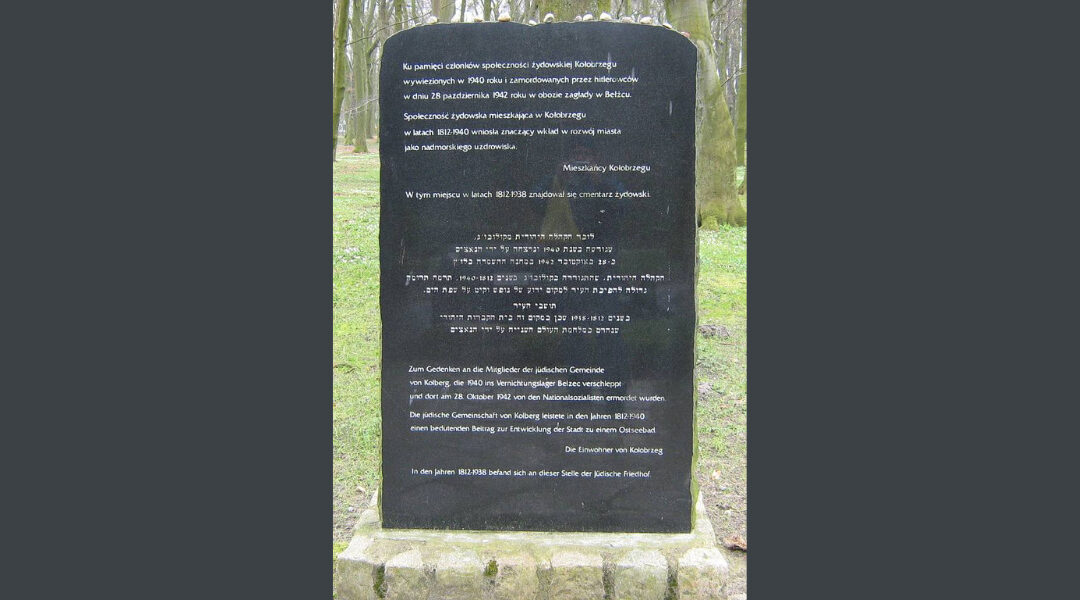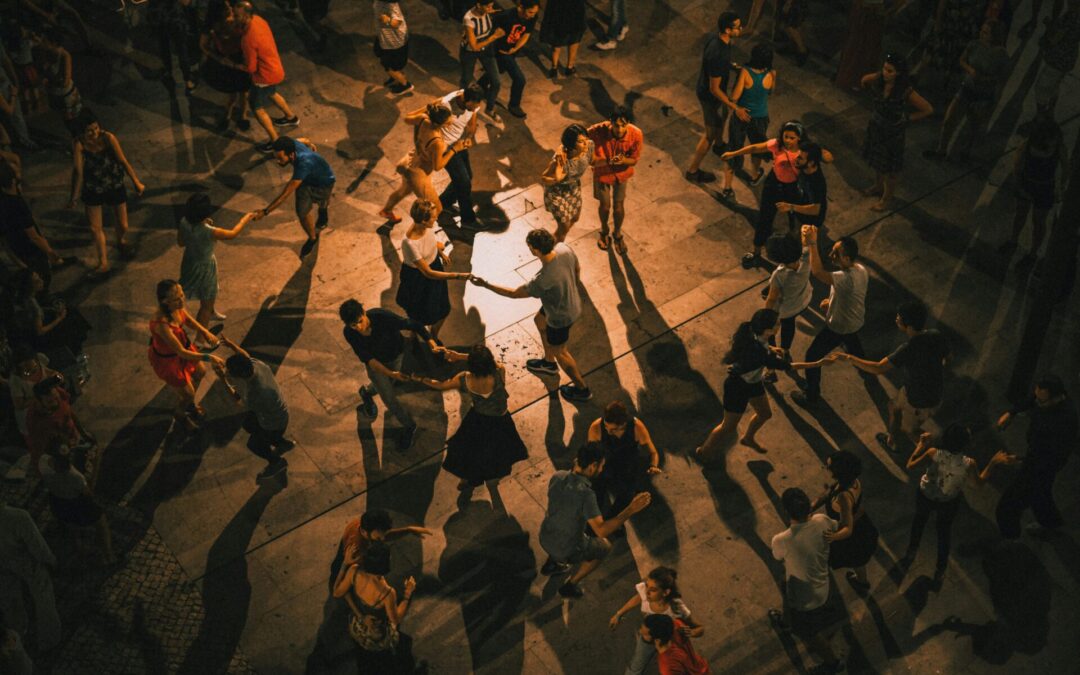
Predisposed to forgive
Perhaps the Amish are unique in their inclination to be predisposed to forgiveness. And yet, their examples cause us to reexamine our beliefs about forgiveness.

Perhaps the Amish are unique in their inclination to be predisposed to forgiveness. And yet, their examples cause us to reexamine our beliefs about forgiveness.

We’ve grown cynical about solutions to acts of violence, but there actually may be some things the church is uniquely positioned to provide.

Who do you believe deserves all the rights and privileges of American citizenship? Who do you think should be able to “secure the blessings of liberty for ourselves and our posterity”? The future of the United States of America hangs on how the majority of its citizens answer these two questions.

The shadow of the Holocaust, a genocide that happened in the middle of a supposedly civilized world, while that so-called civilized world refused to believe in the barbarism despite repeated reports and pleas, is never far for me as someone who grew up in Poland, even though I was born forty years after it happened and its memorialization was neatly limited to official places with plaques. These memories are everywhere, it just takes a bit of unearthing.

I invite us to open our eyes and the eyes of our hearts not only to humanity’s beauty, but how God gently nudges us every day to be Christ-like in our neighborhoods.

If the Incarnation teaches us anything, it teaches that God blesses and uses the body. Today, some churches incorporate dance and movement of the body into worship itself.